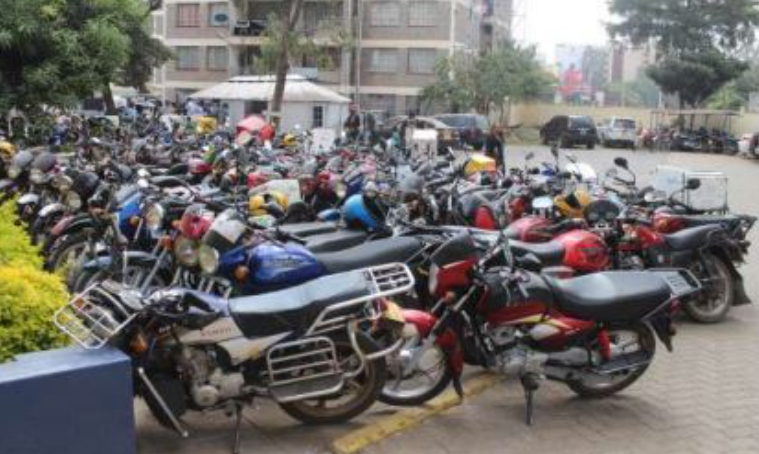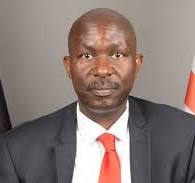

A proposal to bring sanity to the boda boda sector is facing headwinds, as operators oppose the law’s implementation.
Boda Boda Safety Association and the Digital Boda Boda Drivers and Deliveries Association on Thursday warned that the Public Transport (Motorcycle Regulation) Bill, 2023, risks pushing them off the roads.
Appearing before the National Assembly’s Transport and Infrastructure Committee, the riders argued the implementation of the Bill will impoverish them as some of the proposals are impractical and punitive.
The Bill, which is now being considered by the National Assembly, was introduced by Kakamega Senator Boni Khalwale. It was however withdrawn at the Senate, where it originated.
“We submit that the Bill, in its current form, is fundamentally flawed...Instead of solving existing challenges, it will create new layers of costly governance, stifle economic activity, disenfranchise industry dependents and dispatch them into penury,” stated Kevin Mubadi, the association’s chairperson.
Mubadi said the over two million operators are not only the breadwinners in their families but also make significant contributions to the country’s economy. The new law, he noted, could negatively impact them and misguided regulation of the same could be catastrophic.
“It is a matter of public notoriety that the boda boda sector is one of the most politically involved sectors in Kenya. Handing over its regulation to governor-controlled county organs will not only aggravate the Bill’s poverty breeding provisions but also open up platforms for unprecedented political interference with the sector,” Mubadi noted.
He told MPs that the proposal duplicates the functions of existing national bodies like the National Transport and Safety Authority and overlooks the established roles of county governments under the constitution.
“The establishment of 47 county motorcycle transport and safety boards creates potential for corruption and inconsistency. Decentralising powers like registration, route allocation and licensing to 47 different boards creates the possibility of rent-seeking and inconsistent application of rules across counties, hindering inter-county commerce.”
Mubadi instead urged MPs to initiate a stakeholder-driven process to review the existing Traffic Act and NTSA Act to address any identified gaps in motorcycle transport regulation.
Inspector General of Police, Douglas Kanja, also called for integration of the regulations into the existing legal framework to ensure uniformity and coherence. He told Parliament that the proposed provisions of the Bill should be incorporated into the Traffic Act (Cap 403) and the NTSA Act Cap 33A.
“The role of the CEC member should be incorporated into the NTSA act as it is the primary law on the management of public transport. Any proposed board and functions not already provided for should also be incorporated into the committee established under section 21 of the NTSA Act. This will help avoid duplication of roles and promote harmony and uniformity on regulation,” Kanja suggested.















